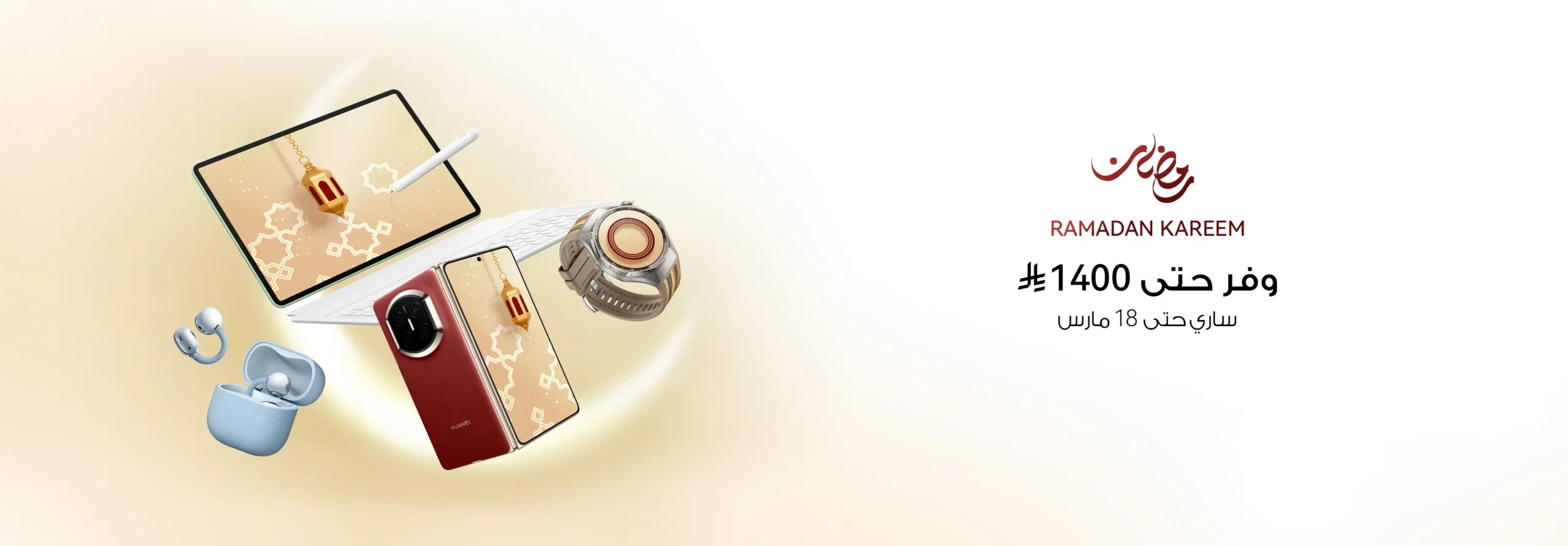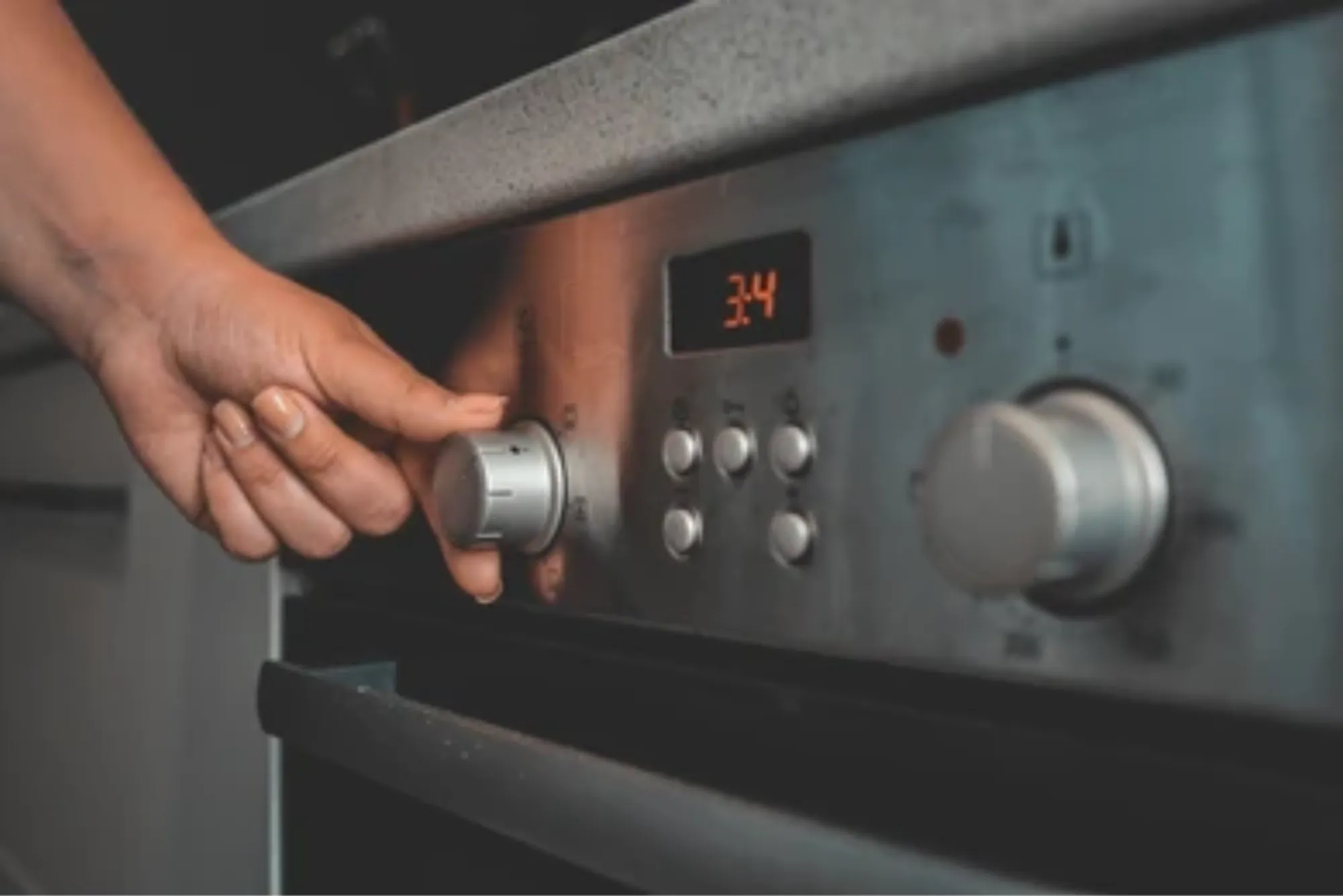Dubai is one of the most attractive cities in the world for expats, entrepreneurs, and professionals alike. With its high standard of living, tax-free income, and business-friendly environment, it’s no wonder that many people want to live and work here long-term. But before you can enjoy the perks of life in the UAE, you’ll need to secure a residence visa. What are the exact steps to obtain a residence visa in Dubai?
Whether you’re moving for a job, launching a business, or relocating with family, the process is straightforward but requires careful attention to documentation and deadlines. I’ve gone through this myself, and in this guide, I’ll walk you through each stage—from entry permit to visa stamping—so you can get your application right the first time.
Step 1: Determine Your Visa Category
The first step is knowing which type of residence visa you’re eligible for. In Dubai, the most common categories include:
-
Employment Visa: Sponsored by your employer (private or government sector)
-
Investor or Partner Visa: For those investing in or starting a business in Dubai
-
Family Visa: For spouses, children, or parents of UAE residents
-
Freelancer or Remote Worker Visa: For self-employed professionals
-
Golden Visa: Long-term visa for investors, entrepreneurs, scientists, and exceptional talent
Each category has different requirements, so it’s important to understand which applies to your situation before proceeding.
Step 2: Entry Permit Application
Before getting the residence visa, you usually need an entry permit (also known as a pink visa), which allows you to legally enter the UAE for residency purposes. Your sponsor—whether it’s an employer, a family member, or your own business—will apply for this on your behalf through the General Directorate of Residency and Foreigners Affairs (GDRFA) or via a government-approved typing center.
If you’re already in the UAE on a tourist or visit visa, you may be able to convert your status without leaving the country, though this may come with additional fees.
Step 3: Medical Fitness Test
Once you’re inside the UAE on your entry permit, the next step is a medical fitness test, which is mandatory for all residency applicants over the age of 18. You’ll need to visit a government-approved medical center, where they’ll conduct blood tests and a chest X-ray.
This test primarily screens for communicable diseases such as HIV and tuberculosis. If you pass the test, you’ll receive a medical fitness certificate, which is a required document for the visa process.
Step 4: Emirates ID Application
While your medical test is being processed, you’ll also need to apply for your Emirates ID—a mandatory identification card issued by the Federal Authority for Identity, Citizenship, Customs and Port Security (ICP). The Emirates ID is essential for everyday life in Dubai, from renting property to opening a bank account.
You’ll submit your biometric data (fingerprints and photo) at an ICP center. This step usually goes hand in hand with your medical appointment if you’re using a visa facilitation service.
Step 5: Residence Visa Stamping
Once your medical test and Emirates ID application are complete, your passport will be submitted to the GDRFA for residence visa stamping. This is the final stage, where the actual visa sticker or electronic visa is placed in your passport, confirming your legal residence in Dubai.
At this point, you officially become a UAE resident, and your Emirates ID will be issued shortly afterward (usually within 7–10 working days). The residence visa Dubai typically lasts 2 or 3 years, depending on the category, and the Golden Visa lasts 5 to 10 years.
Required Documents for Most Residence Visa Applications
While the exact documents depend on your visa type, these are commonly required:
-
Passport (valid for at least 6 months)
-
Passport-size photographs
-
Entry permit (if applicable)
-
Medical fitness certificate
-
Emirates ID application form
-
Copy of labor contract or trade license (for investors)
-
Proof of relationship (for family visa)
-
Attested educational certificates (for employment)
Always double-check with your sponsor or the relevant authorities for the latest requirements, as immigration laws in the UAE are subject to change.
How Long Does the Process Take?
The entire residence visa Dubai process usually takes 10 to 15 working days, though it can vary depending on your visa type, the responsiveness of your sponsor, and how quickly you complete your medical and ID steps.
Some free zones and government service centers offer fast-track processing for an additional fee, which can speed things up considerably.
Tips for a Smooth Visa Application
-
Double-check documents: Even a small error can delay the process or cause rejection.
-
Apply early: Don’t wait until your current visa expires; start at least a month in advance.
-
Work with professionals: If you’re unsure about the process, use a PRO (public relations officer) or visa facilitation agency—they can help with appointments, typing centers, and paperwork.
-
Track your application: Most government portals allow you to monitor the status of your medical, Emirates ID, and visa stamping online.
-
Follow up promptly: If something seems delayed, contact the relevant authority or service center directly.
Final Thoughts
Getting a residence visa Dubai is a key milestone if you plan to live, work, or invest in the city long term. The process may feel complex at first, but once you understand the steps and stay organized, it’s very manageable.
Whether you’re arriving on a job offer, starting a business, or bringing your family to join you in the UAE, having a residence visa opens the door to countless opportunities—from renting a home to accessing healthcare and banking services.
And once your visa is secured, you can truly begin enjoying the vibrant, cosmopolitan lifestyle that Dubai is famous for. It’s the foundation of your journey—and with the right preparation, it’s easier than you think.
Toward the end of your paperwork and appointments, you’ll feel the satisfaction of knowing you’re officially part of one of the most exciting cities in the world—fully documented and ready to thrive with your new residence visa Dubai.





